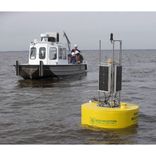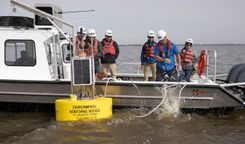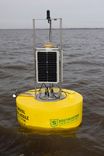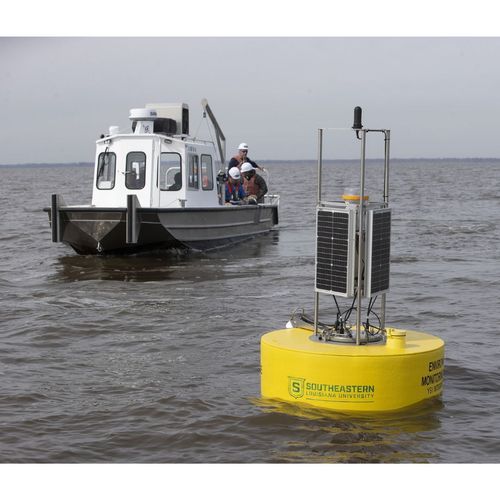Southeastern deploys monitoring buoys for future sequestration projects




Members of the buoy deployment team leave the area after the deployment of one of four buoys in Lake Maurepas.
February 6, 2024
BY Southeastern Louisiana University
Advertisement
Advertisement
Related Stories
North Dakota’s Department of Agriculture is inviting grant proposals from ethanol producers under its Low Carbon Fuels Program, aiming to fund capital projects that cut carbon intensity.
Deep Sky Completes North America’s First CO₂ Storage via Direct Air Capture with Quebec-Based Skyrenu
Deep Sky, in partnership with Quebec-based Skyrenu, has completed North America’s first permanent underground storage of CO₂ captured directly from the atmosphere, a full carbon removal loop achieved at Deep Sky Alpha in Innisfail, Alberta.
A University of Houston team led by Professor Mim Rahimi has developed a membraneless electrochemical amine regeneration process that achieves over 90% CO₂ removal at roughly $70 per ton, significantly reducing both costs and energy use.
Equinor, Shell, and TotalEnergies have stored the first CO₂ volumes at Norway’s Northern Lights CCS project, marking the world’s first operational open-access CO₂ transport and storage facility. Phase 1 capacity of 1.5 million tonnes per year is fully booked, with Phase 2 set to expand to 5 million tonnes annually.
Block Energy is pleased to announce that it has completed its initial CO2 injection as part of the Carbon Capture and Storage ("CCS") project. Following data review, injection rates will likely be optimised, providing the potential to increase per-well injection capacity.





